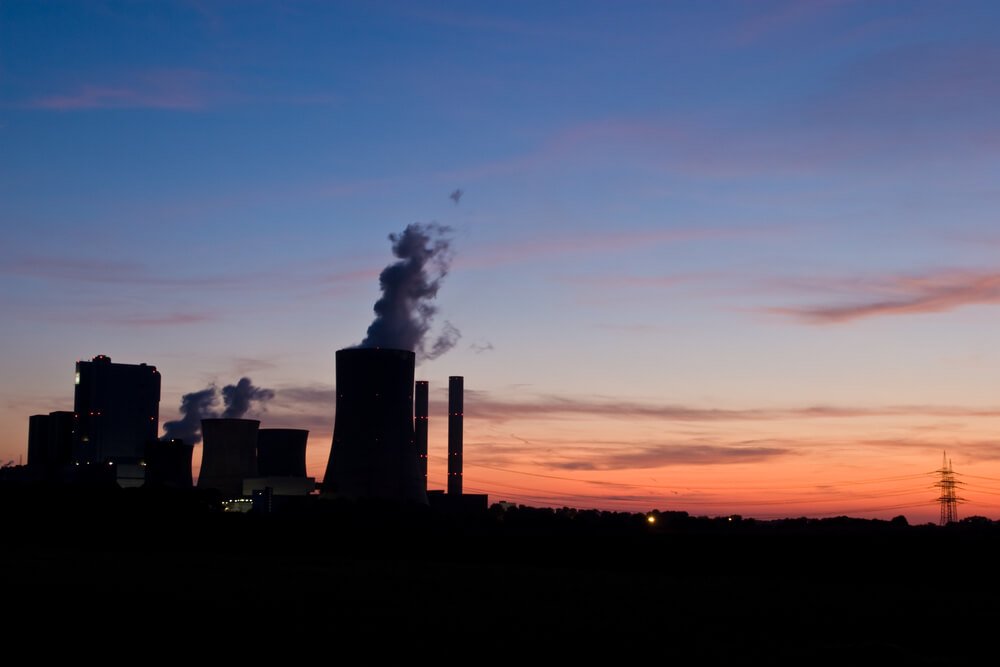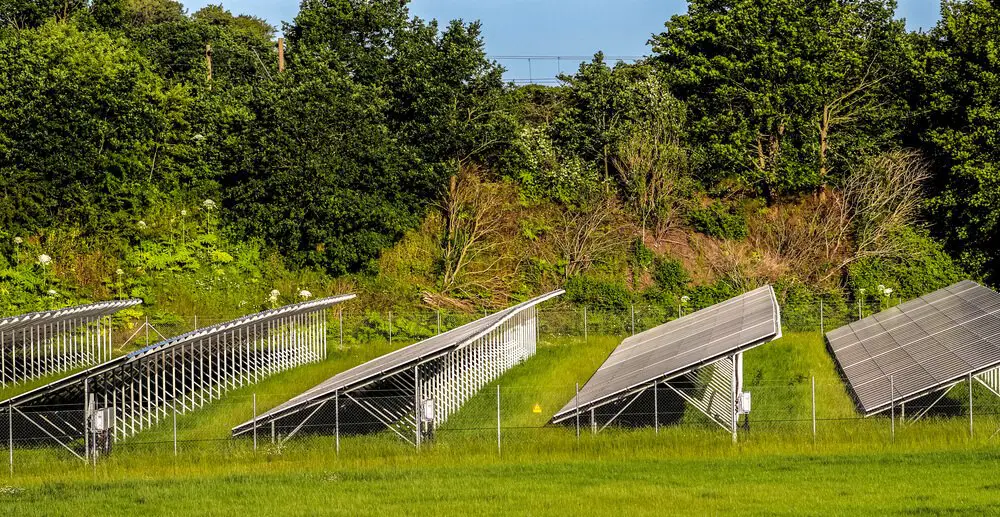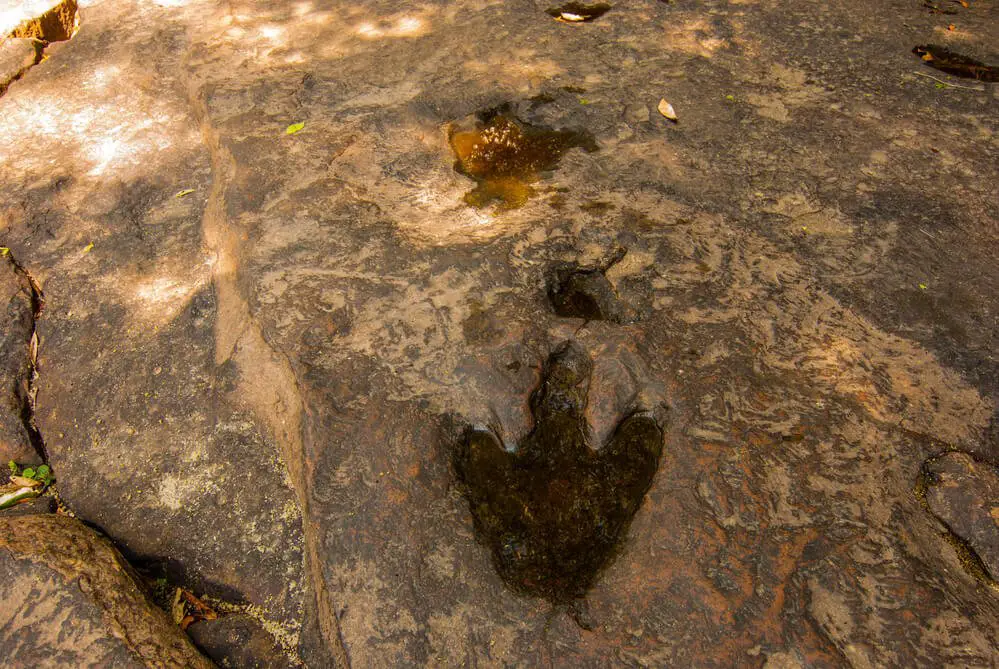It comes a time when human beings die due to different causes, including accidents, injuries, insecurity, and old age.
So, have you ever asked yourself what became of those dead bodies? This has been a significant question on many people’s minds. Today, we use fossil fuels such as coal, oil, and gas in our homes and other places.
However, I have learned there is a possibility that the human remains that we bury contribute to the formation of these fuels.
If this subject confuses you as it does many people, I have just what you are looking for in this article.
What Are Fossil Fuels?
If you have never heard of this phenomenon before, buckle up because you will be learning it from me.
Fossil fuels are any biological materials that contain hydrocarbons and occur within the earth’s crust.
These materials are used as a source of energy. Fossil fuels include:
- Oil
- Petroleum
- Coal
- Bitumen
- Natural gas
How Do Humans become Fossil Fuels?
There have been significant discoveries in the science field of our current generation, primarily due to the advancement in technology.
One of the main findings is that a percentage of human remains make up some of the fossil fuels we use today.
We fall under the class of animals, which means we have similar chemical compounds to animals that decomposed into fossil fuels many years ago.
It can take a long time for human remains to turn into fossil fuels, and above all, the fuel quantity produced is not significant.
According to science, animal remains decompose into oil while plants turn into coal after being exposed to pressure and heat from the earth’s crust.
What Are the Uses of Fossil Fuels?
Be ready to get surprised: fossil fuels are the vital natural sources of energy that we use every day.
The Department of Energy in the United States reports that about 85% of all energy used in the country comes from fossil fuels. So, where and how are these fuels applied in today’s world?
- Transportation – Most cars, ships, airplanes, and trains use gasoline or diesel to power their engines. We get these forms of energy from burning fossil fuels.
- Industrial use – A good percentage of manufacturing companies use oil and natural gas for their heating requirements.
- At home – Fossil fuels are also used in our homes to provide heat energy used in cooking.
- Electricity – This has become an integral part of lives today. Coal, a fossil fuel, is the source of 50% of all the electricity used in the U.S.
Benefits of Using Fossil Fuels
Why are fossil fuels used so widely globally compared to other sources of energy? Here are the advantages of using these natural compounds as our energy source:
- Fuels are reliable, and we can use them as much as possible because they are not affected by climatic changes. The case is different for renewable energy sources, such as solar, which depend on climatic conditions, including sun and wind.
- Fossil fuels are relatively cheaper because there is a sturdy infrastructure for extraction and manufacturing that has been developed over the years. Additionally, there is a sudden upsurge in the price of renewable energy as more consumers take that direction.
- Easy to transport. Transportation of fossil fuels is mainly done through pipelines and tankers. The transportation of renewable energy sources – the sun, wind, and geothermal power – has been a challenge for many suppliers.
- Easy storage – we can efficiently store coal, oil, and petroleum, but it can be challenging to store renewable energy sources, such as solar and wind energy.
What Are the Disadvantages of Using Fossil Fuels?
The use of fossil fuels has skyrocketed in today’s world, as aforementioned. Regardless of such importance, I will tell you about the disadvantages of using these products in our homes, vehicles, and industries. Follow through to understand this subject better;
- Air pollution – Fossil fuels, such as coal and petroleum, need to be burned to make them usable. However, burning such compounds produces large amounts of air pollutants. The carbon oxides released from oil, petroleum, and coal cause the formation of smog and acid rain.
- Not renewable – As explained above, fossil fuels are made from decomposing animal and plant remains. The process is pretty slow, and it can take ages before the reserves are replenished. Such limited supply means that the costs of collecting fossil fuels will go up, consequently leading to an upsurge in their prices.
- Accident risk – Undoubtedly, the accident risk level of fossil fuels is much lower than that of nuclear energy. However, natural gas is highly combustible, making it the most preferred energy source in the EU. However, when mishandled, this gas can explode and cause injuries to anyone around.
Will you decompose into fossil fuels when you die? The simple answer here is yes.
However, research shows that the body parts that contribute to the formation of fossil fuels are the teeth, bones, shells, and other hard parts.
Regardless of the conspicuous disadvantages, we can’t stop using fossil fuels in our vehicles, homes, and industries.
However, the use of renewable energy sources is becoming rampant with time.






